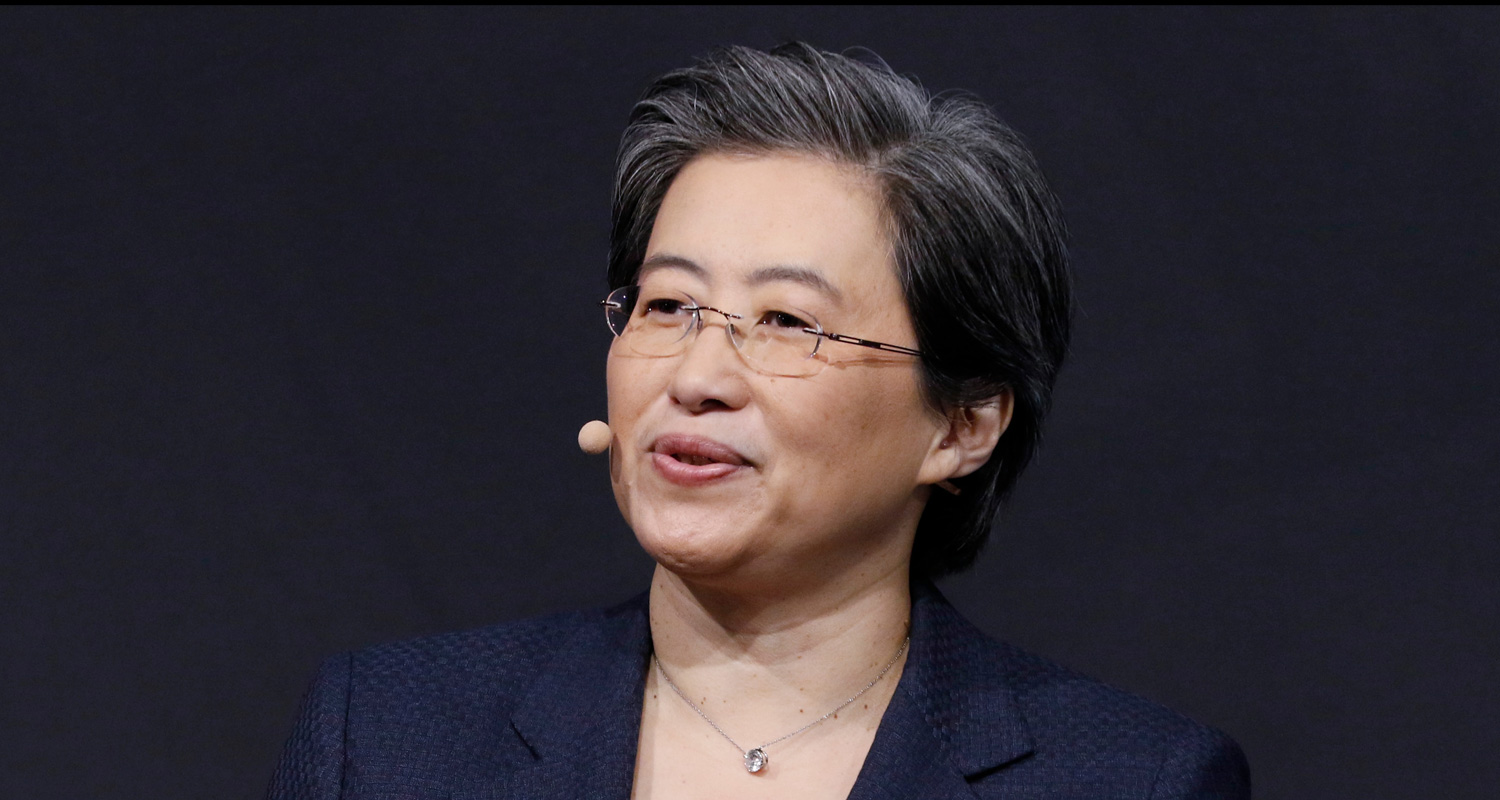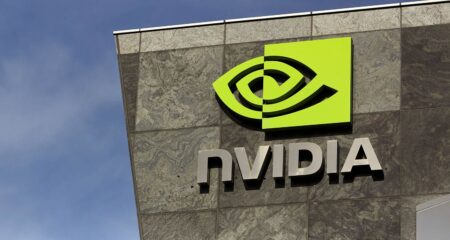
AMD, looking to catch up with Nvidia in the lucrative market for artificial intelligence processors, said that its latest chips are rolling out to data centres and will exceed some of the capabilities of its rival.
Computer systems based on AMD’s MI325X processors will be available soon and have an edge over machines running Nvidia’s H100, CEO Lisa Su said at a company event in San Francisco on Thursday. The MI325X’s use of a new type of memory chip will give it better performance at running AI software — a process known as inference — she said.
The Santa Clara, California-based company is trying to crack Nvidia’s dominance in so-called AI accelerators — chips that have become essential to the development of artificial intelligence systems. Like Nvidia, AMD has committed to bringing out new accelerators every year, stepping up its pace of innovation.
Still, AMD has a long way to go to match Nvidia. And investors were underwhelmed by Thursday’s presentation, with the shares falling more than 2%.
Under Su, who just marked her 10th anniversary in the top job at AMD, the company has eclipsed its longtime nemesis Intel in market valuation. But both companies were caught off guard by how ferociously the industry embraced AI accelerators.
Of the two, AMD has responded far more quickly and established itself as the closest rival to Nvidia. AMD, which is expected to report quarterly results in the coming weeks, has set a target of $4.5-billion of revenue from the new type of chips for this year, a rapid increase. Su has said the overall market for such chips will hit $400-billion in 2027. On Thursday, she said that the company expects that number to reach $500-billion in 2028.
Turin
At the event, Su also said the company is releasing a new line of server processors based on its Turin technology, making a fresh push into a market once dominated by Intel.
Computers are going on sale with AMD’s fifth-generation Epyc central processing units, or CPUs, she said. The chips have as many as 192 processor cores and can outperform the latest Intel products, she said.
Read: Nvidia’s Blackwell problem
The company said that it now has 34% of the market for this category of chips when measured by revenue. Though Intel still dominates the segment, it once had a 99% share. — (c) 2024 Bloomberg LP




